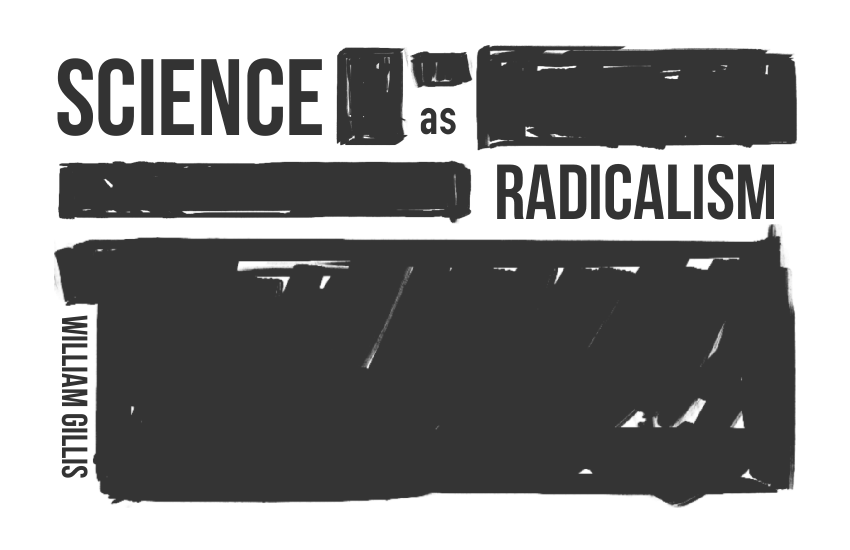Science as Radicalism
Here's a pretty old post from the blog archives of Geekery Today; it was written about 10 years ago, in 2015, on the World Wide Web.
Hey, read this. Seriously.
Science as Radicalism
William Gillis
It's no secret that a good portion of the left today considers science profoundly uncool. A slight affinity with it persists among a majority, but few asides of scorn by the continental philosophers influential in the contemporary leftist canon see spirited response and science's most prominent champions remain dated historical figures like Peter Kropotkin and Élisée Reclus. Indeed there's a lingering whiff of technocratic stodginess and death that the word "science" has never quite shaken. Those leftists most associated with it have a tendency to either be authoritarians looking to legitimize near-fascist narratives, or doe-eyed activists enchanted by saccharine visions of self-managed bureaucracies and The Meeting That Never Ends. To a great many who identify as radicals "science" appears in our lives primarily as a place our various enemies habitually retreat to conjure the authority their shoddy arguments couldn't.
. . .
The fact of the matter is that the remarkably successful phenomenon that the term "Science!" has wrapped itself around is not so much a methodology as an orientation. What was really going on, what is still going on in science that has given it so many great insights is the radicalism of scientists, that is to say their vigilant pursuit after the roots (or !!!@@e2;20ac;2dc;radis'). Radicals constantly push our perspectives into extreme or alien contexts until they break or become littered with unwieldy complications, and when such occurs we are happy to shed off the historical baggage entirely and start anew. To not just add caveats upon caveats to an existing model but to sometimes prune them away or throw it all out entirely. Ours is the search for patterns and symmetries that might reflect more universal dynamics rather than merely good rules of thumb within a specific limited context. As any radical knows "good enough" is never actually enough.
–William Gillis, Science as Radicalism
Human Iterations, 18 Sextilis 2015

Loved that essay because it was awesome and hated it because it made me think instead of pandering to my current biases. Thank you so much for sharing.